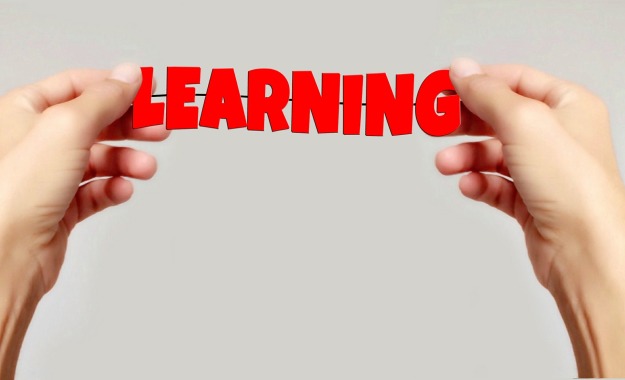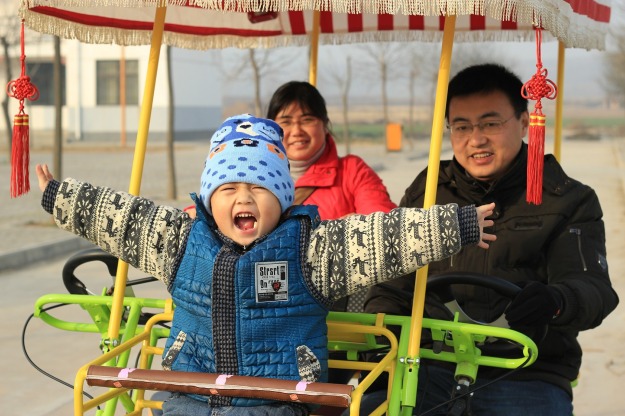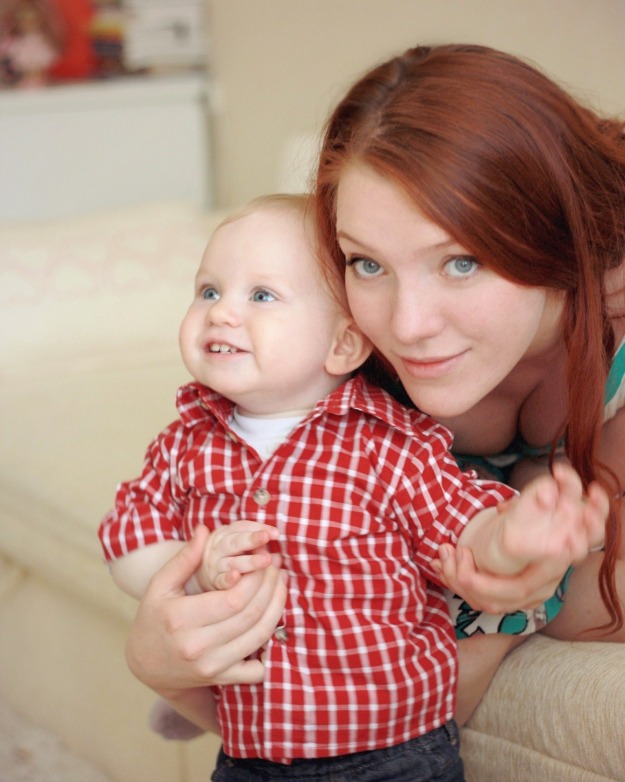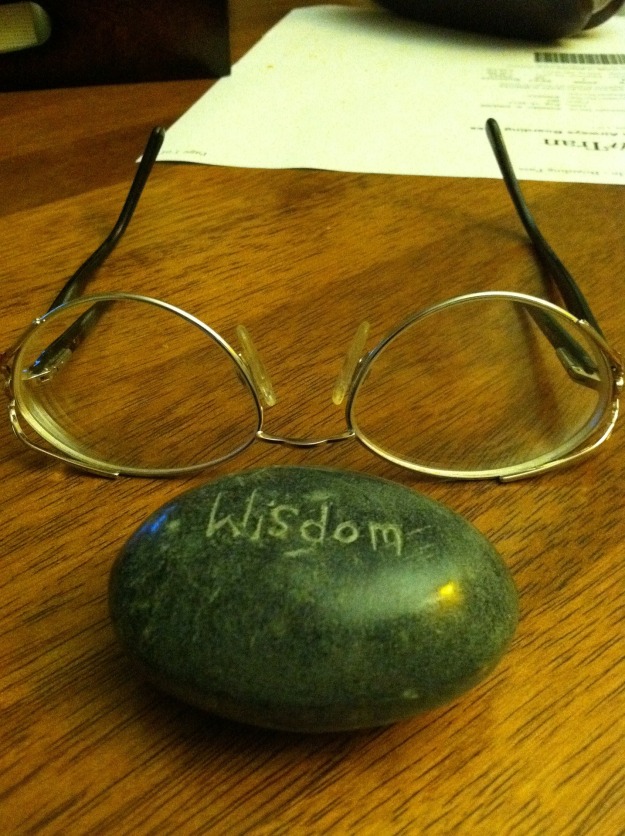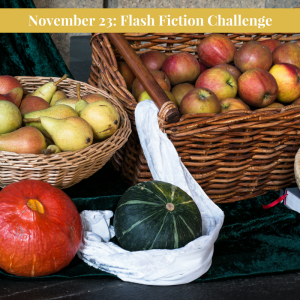 Every week at the Carrot Ranch, Charli Mills challenges writers to respond to a prompt with 99-word flash fiction. The prompts provide an opportunity to practice craft while having a little fun in a supportive writing community. Although participation is voluntary and never prescribed, the benefits to mind and spirit equal the benefits to physical health by the five-a-day servings of fruit and vegetables recommended by many health departments around the world.
Every week at the Carrot Ranch, Charli Mills challenges writers to respond to a prompt with 99-word flash fiction. The prompts provide an opportunity to practice craft while having a little fun in a supportive writing community. Although participation is voluntary and never prescribed, the benefits to mind and spirit equal the benefits to physical health by the five-a-day servings of fruit and vegetables recommended by many health departments around the world.
This week, Charli challenged writers to in 99 words (no more, no less) write a story about Five a Day. It does not have to be five servings of fruits and vegetables. What is needed five times a day? Have fun with what pops to mind for the prompt.
It’s a good thing Charli not only allows, but encourages, writers to “Go where the prompt leads”, as I’m not always satisfied with the obvious, literal interpretation. My mind jumps about like a rabbit in a vegetable patch, trying out different thoughts and ideas.
While Charli was talking about the five serves of fruit and vegetables as day for our physical health, I wondered about essentials for mental health that help us navigate each day.

Mental health
How about a daily dose of these?
- Self-worth – a sense of being valued, of having the right to occupy space in the world
- Confidence – a willingness to approach tasks and face what life brings
- Trust – an ability to trust others and feel safe in one’s environment
- Empathy – making connections with others on a deep level
- Compassion – giving and accepting kindness, contributing to a positive community and environment
What would you add?
I also wondered about the essentials for nurturing children’s growth and development. What would those five servings a day be?

Children’s needs
First and foremost, children need to be loved and to have their physical needs met; for example food, water and warmth. They are givens.
Then to have their minds stimulated, every day, they need adults to:
- Talk with them
- Read to them
- Sing songs with them
- Play with them, and
- Laugh with them.
What would you add?

The world’s needs
And what about for the world, what do we all need?
- Friendship
- Understanding
- Tolerance
- Empathy
- Peace
What would you add?
Why don’t children like vegetables?
But let’s get back to Charli’s five, and children. Sometimes getting children to eat their five serves of fruit and vegetables a day can be difficult. While fruit is often enjoyed, vegetables are frequently rejected. Researchers have investigated reasons for children’s refusal to eat vegetables and found these reasons (reported here and here):
- Children burn lots of energy and need foods that are high in calories – vegetables aren’t.
- Children are generally more sensitive to bitter tastes, which are often nature’s warning of toxicity.
- Children have not yet learned through repeated taste tests and observations that vegetables are safe to eat.
- Children associate vegetables with unpleasant situations (parental nagging) and associate other “treats” with more pleasant situations.

How to get your children to eat vegetables
Suggestions include:
- Reduce the natural bitterness by adding salt, sugar and other flavours
- Serve small amounts of vegetables with other foods familiar to children
- Present vegetables in different ways and repeated times
- Avoid using food as reward or punishment and don’t nag
Of course, there are the old camouflage tricks – dress them up like a funny face – or play games like the “aeroplane” spoon trying to land food in the mouth.
What works for you?

Thanks Pixabay!
Thinking about the relevance of bitterness to toxicity and food refusal in children got me thinking about dementia patients who refuse food, believing it to be poisoned. I did a quick internet search (not very thorough) but could see only articles in which food refusal was linked to paranoia.
I wonder, with their changing realities and sensitivities, could they become more sensitive to certain tastes? Could taste contribute as much as the paranoia. Many would find it no easier to express than children. I’m certainly no expert, and it’s an uneducated thought, but it’s the thought that’s led me to my flash fiction response. I hope you enjoy it.
Mr Potato Head
Jamie’s head shook, and his bottom lip protruded as tears pooled.
Mum sighed.
“But you love Mr Potato Head,” coaxed Dad.
Jamie lowered his eyes and pushed the plate away. This was not Mr Potato – just a stupid face made from yukky stuff.
Dad moved it back. “Just a little try,” he urged. Mum watched.
Jamie refused.
…
Jamie visited at meal time. Mum was in tears. “He won’t eat anything.”
Jamie considered the unappetising mush. “Who would?” he thought, as he replaced the cover and opened dessert.
“May as well enjoy what you can,” he said. Dad smiled.

Thank you for reading. I appreciate your feedback. Please share your thoughts.


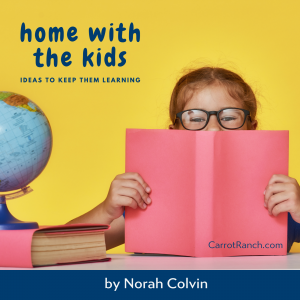

 Every week at the
Every week at the 





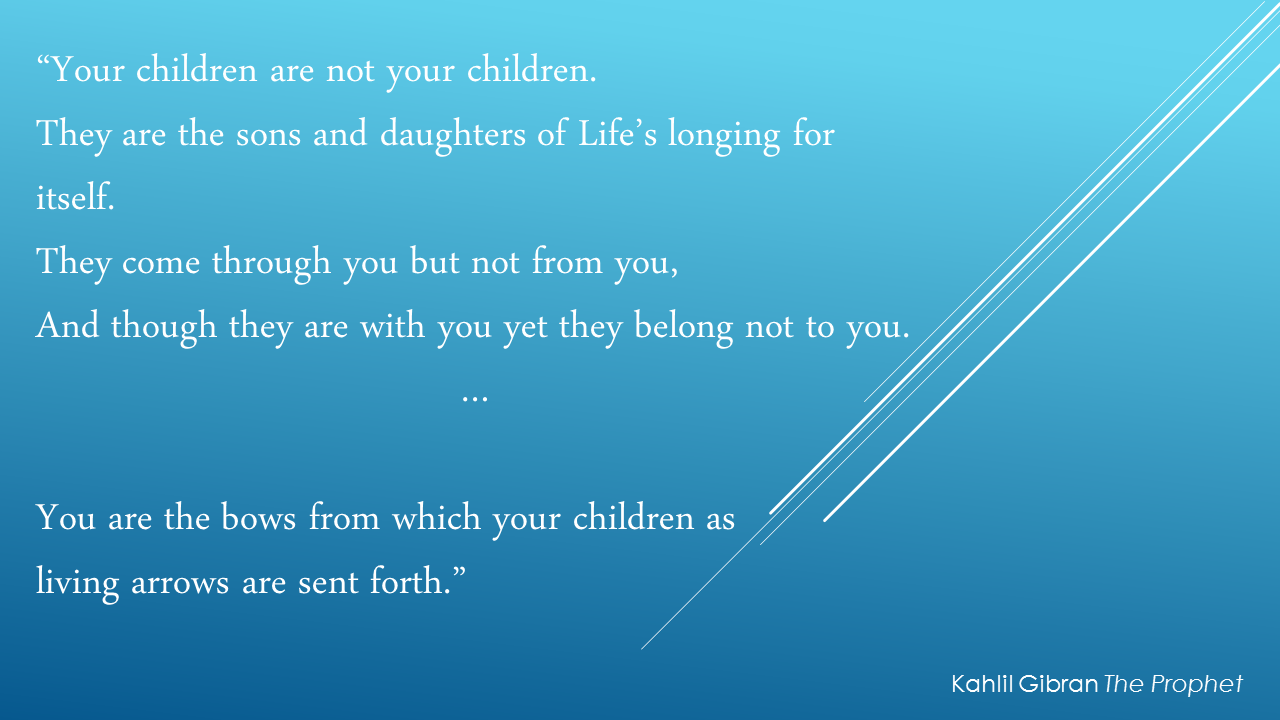 (Note: This is just a short extract of Gibran’s words about children. You can read them in full
(Note: This is just a short extract of Gibran’s words about children. You can read them in full 
